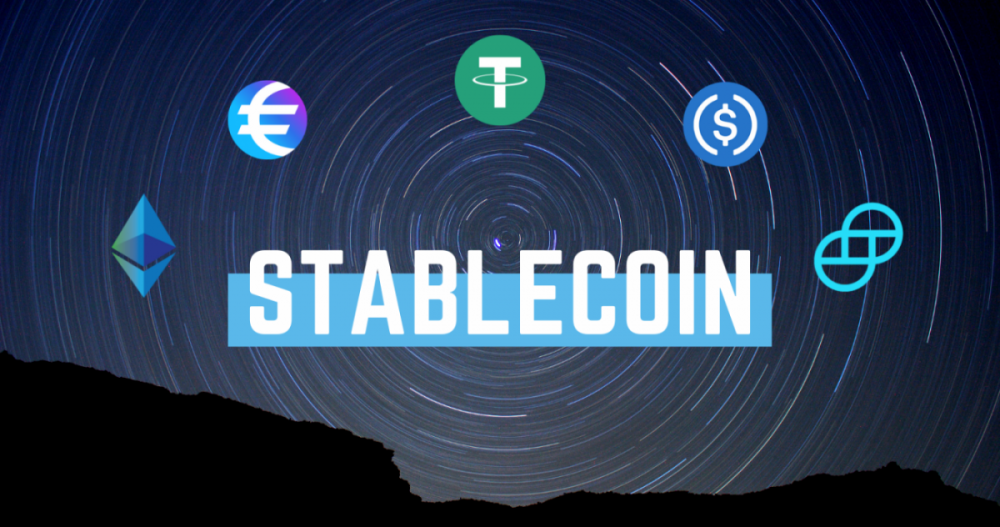New System Provides Real-Time Tracking of Stablecoin Assets and Liabilities
01.08.2024 19:00 1 min. read Alexander Stefanov
The Bank for International Settlements and the Bank of England have introduced a new system called Pyxtrial, designed to provide near real-time insights into the liabilities and assets backing stablecoins.
This initiative, detailed in a report released Wednesday, aims to address significant challenges faced by financial regulators by offering direct data access from issuers’ systems to verify on-chain liabilities.
Pyxtrial comes at a time when the legitimacy of stablecoin reserves has been under scrutiny, especially following the FTX collapse in 2022. Many exchanges and issuers have attempted to improve transparency by sharing “proof of reserves,” which confirms that their digital assets are fully backed.
For instance, Tether Ltd., which issues the largest stablecoin by market cap, regularly publishes attestations about its reserves. However, the accuracy of this data may not always align perfectly with the actual circulation of Tether Tokens.
Pyxtrial’s modular and adaptable design allows regulators to customize the system to various international contexts and potentially apply it to other digital assets. The technology’s ability to provide real-time tracking of assets and liabilities represents a significant advancement over traditional data collection methods.
While Pyxtrial has shown promising results as a proof of concept, further testing and development are needed before a full-scale rollout. The project also highlights the need for skilled personnel to manage and operate the system effectively. The timeline for a finalized version of the technology is still pending.
-
1
FTX Pushes to Dismiss Billion-Dollar Claim from 3AC
23.06.2025 15:00 1 min. read -
2
BIS Slams Stablecoins, Calls Them Ill-Suited for Modern Monetary Systems
26.06.2025 9:00 1 min. read -
3
ARK Invest Cashes In on Circle Rally as Stock Soars Past $60B Valuation
24.06.2025 19:00 1 min. read -
4
FTX Pushes Back Against $1.5B Claim From Defunct Hedge Fund 3AC
23.06.2025 11:00 1 min. read -
5
Trump’s ‘Big, Beautiful Bill’ Approved: What It Means for Crypto Markets
04.07.2025 7:00 3 min. read
Coinbase Strengthens DeFi Push With Opyn Leadership Acquisition
Coinbase has taken a major step toward expanding its decentralized finance (DeFi) presence by bringing onboard the leadership team behind Opyn Markets, a prominent name in the DeFi derivatives space.
Grayscale Urges SEC to Allow Multi-Crypto ETF to Proceed
Grayscale Investments has called on the U.S. Securities and Exchange Commission (SEC) to allow the launch of its multi-crypto ETF—the Grayscale Digital Large Cap Fund—arguing that further delays violate statutory deadlines and harm investors.
Robinhood Launches Ethereum and Solana Staking for U.S. Users
Robinhood has officially introduced Ethereum (ETH) and Solana (SOL) staking services for its U.S. customers, offering a new way for users to earn rewards on their crypto holdings.
Binance CEO Reveals What’s Fueling the Next Global Crypto Boom
Binance CEO Richard Teng shared an optimistic outlook on the future of cryptocurrencies during an appearance on Mornings with Maria, highlighting growing global acceptance, regulatory progress, and strategic reserve integration.
-
1
FTX Pushes to Dismiss Billion-Dollar Claim from 3AC
23.06.2025 15:00 1 min. read -
2
BIS Slams Stablecoins, Calls Them Ill-Suited for Modern Monetary Systems
26.06.2025 9:00 1 min. read -
3
ARK Invest Cashes In on Circle Rally as Stock Soars Past $60B Valuation
24.06.2025 19:00 1 min. read -
4
FTX Pushes Back Against $1.5B Claim From Defunct Hedge Fund 3AC
23.06.2025 11:00 1 min. read -
5
Trump’s ‘Big, Beautiful Bill’ Approved: What It Means for Crypto Markets
04.07.2025 7:00 3 min. read


